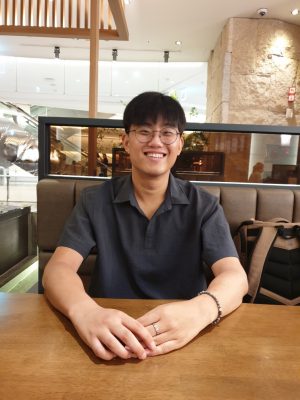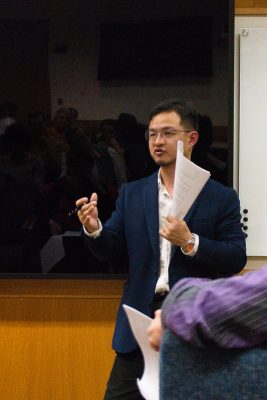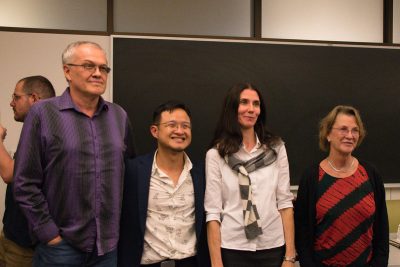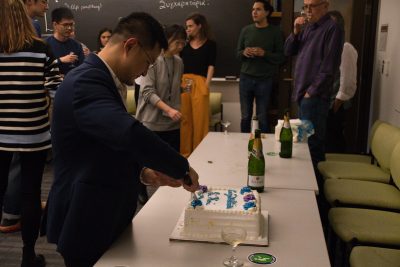
I’m Jarry (Chia-Wei Chuang 莊家瑋), from Taipei, Taiwan. I just received my B.A. in English and Linguistics from National Chengchi University (2020-23). Currently, I serve as Student Director of Linguistic Society of Taiwan (LST) (2021-present).
My first love for linguistics is sound of language. I have conducted a great pool of studies on phonetics-phonology and morpho-phonology, paying attention to especially tonology, syllable structure, lenition, and non-native acquisition. Recently, I’ve expanded my research niche to formal syntax, syntax-phonology, and syntax-pragmatics interfaces. Left-periphery as well as tense-aspect-modality are also what I am interested in now.
My native languages are Mandarin Chinese and Southern Min. Aside from them, the languages that I study include Cantonese, Hakka, Vietnamese, and English. Exploring different languages always makes me enjoy a lot. Different as they are in form and meaning, they share the same system, which is the most exciting part for me.
In my leisure time, I love singing, chatting, cooking, shopping, and playing badminton. If you’re too, why not come along with me ([jarry.chaung@uconn.edu] [personal web]). I’ll be more than happy to have more friends with similar interests.






